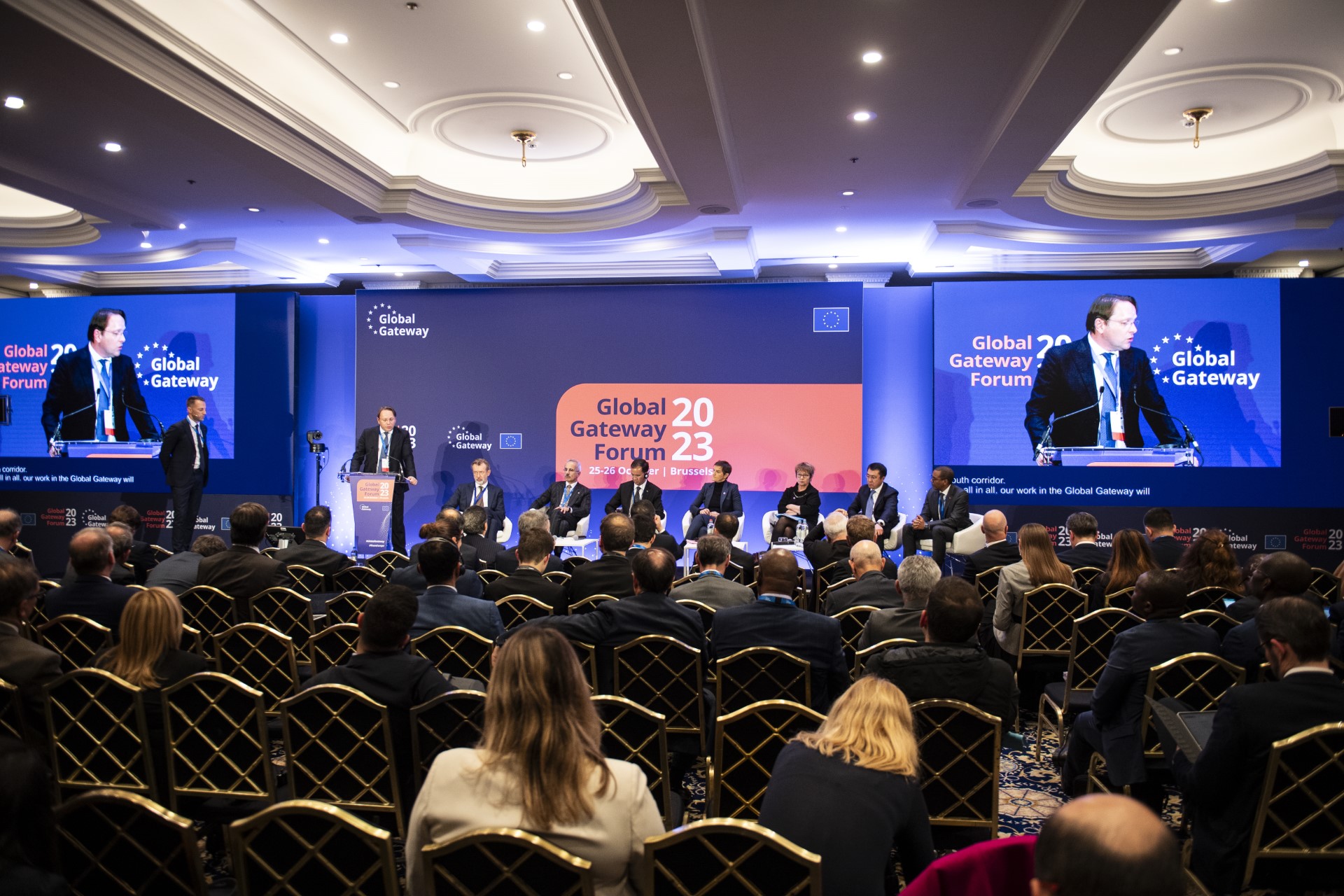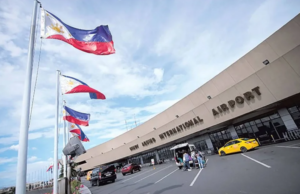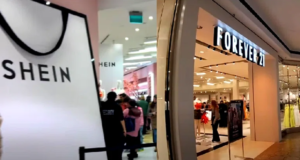Brussels – The European Union (EU) has taken a significant step in its ambition to provide a sustainable alternative to China’s Belt and Road Initiative (BRI) by announcing a series of multimillion-dollar deals during the inaugural Global Gateway Forum held in Brussels on October 25. This forum, a cornerstone of the EU’s Global Gateway program, brought together top government representatives from more than 20 countries, with the aim of advancing international infrastructure partnerships as an alternative to China’s extensive BRI.
At the opening of the summit, the EU unveiled a substantial 66 billion euros ($69.6 billion) in existing agreements, followed by an additional 3 billion euros ($3.2 billion) in new deals with governments from Europe, Asia, and Africa. These agreements are directed towards projects related to critical raw minerals, green energy, and transportation corridors.
European Commission Chief Ursula von der Leyen, in her opening speech, emphasized the EU’s commitment to high-quality investments, stating that Global Gateway offers a “better choice” for financing and constructing clean infrastructure. She highlighted that other investment options often come at a “high price” for the environment, workers’ rights, and national sovereignty.
Global Gateway was launched in late 2021 and has allocated 300 billion euros ($316 million) to streamline the EU’s investment and development cooperation worldwide. This initiative is primarily focused on projects related to renewable energy, digital transitions, and sustainability. While the EU avoids explicitly framing Global Gateway as a competitor to BRI, the program emphasizes transparency and environmental sustainability, which have been recurring points of criticism for China’s BRI.
EU diplomats have expressed tacit support for Global Gateway but have concerns about conflicting attitudes within European governments and EU agencies. There are also doubts about whether the EU can provide more appealing offers to partner countries than China. An anonymous EU diplomat characterized Global Gateway as a good idea but criticized its complexity and multiple portfolios, noting that it repackages existing funding.
The summit witnessed a slew of new agreements. These included deals on critical raw materials with the Democratic Republic of Congo and Zambia, cooperation on clean energy with several countries, a grant to Moldova for new rail lines, support for Turkmenistan’s entry into the World Trade Organization, and investments in vocational education and training in Tajikistan. These deals marked a promising start for Global Gateway.
However, some EU diplomats expressed concern about the relatively low-level political representation at the summit. While leaders from several non-EU countries attended, many EU member states sent representatives of lower rank, with Germany, Denmark, France, and Italy notably absent.
The success of Global Gateway hinges on its ability to secure internal support and deliver tangible results. Andreea Brinza, co-founder of the Romanian Institute for the Study of the Asia-Pacific, emphasized that the program is still a slogan and lacks substantive content.
China’s BRI has faced controversies and pushback due to environmental damage, extensive borrowing, and contract disputes. A study revealed that 35% of BRI projects suffered from issues such as corruption, labor violations, environmental hazards, and public protests. However, BRI has been successful in offering seemingly attractive deals to governments and has benefited from the quick implementation facilitated by Chinese state companies and lenders.
The EU’s challenge now is to provide a clear strategic vision for Global Gateway and incentivize private markets within the EU and the West to invest in transformative projects. It is essential to offer countries a choice in infrastructure development, enabling them to opt for the most suitable option, rather than being limited to Chinese offers. Global Gateway represents the EU’s attempt to provide such a choice, even if it remains a work in progress.
(Source: Radio Free Europe | David Mcallister | Politico)









